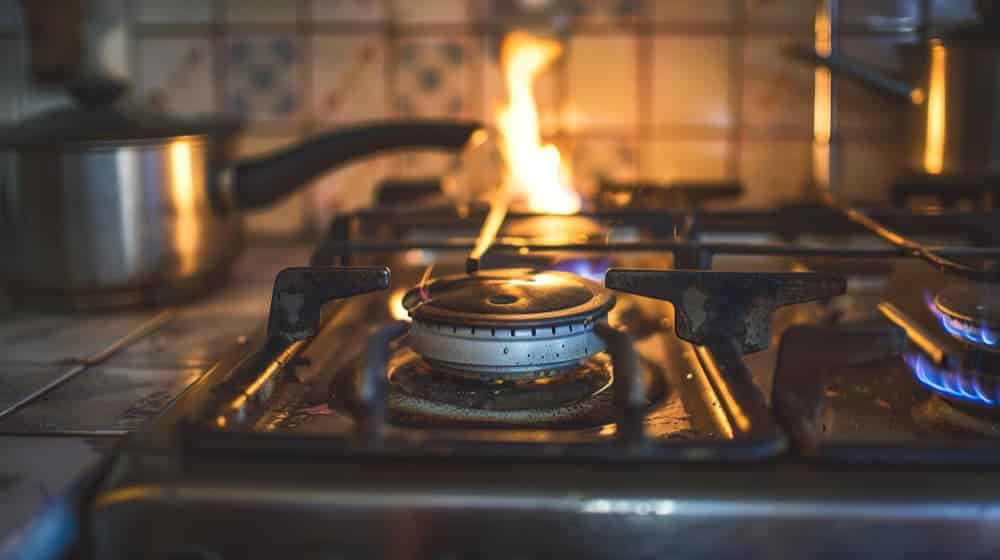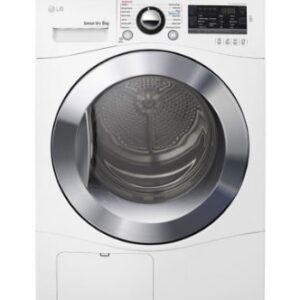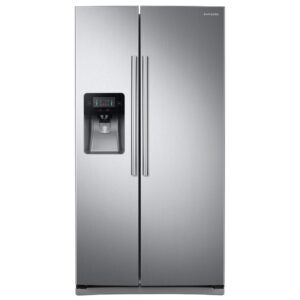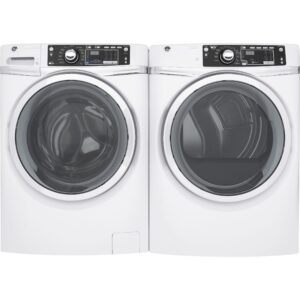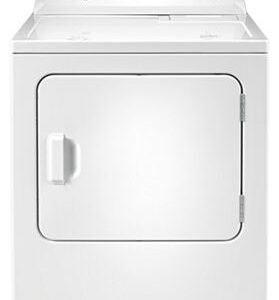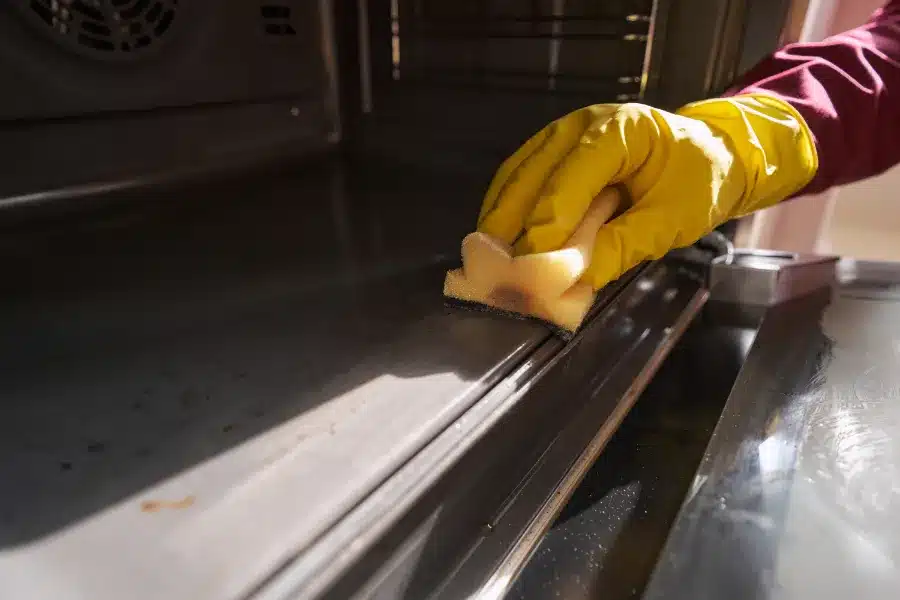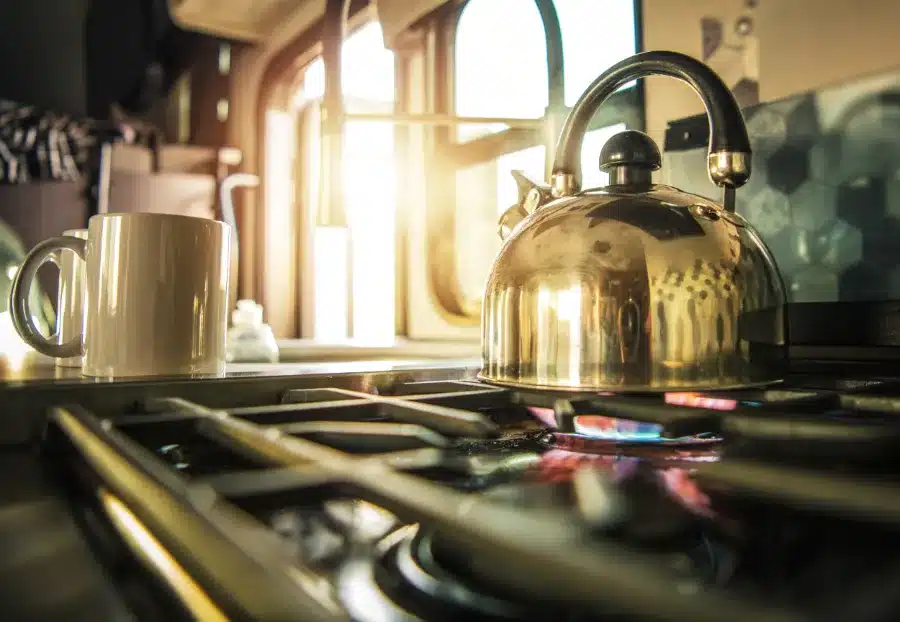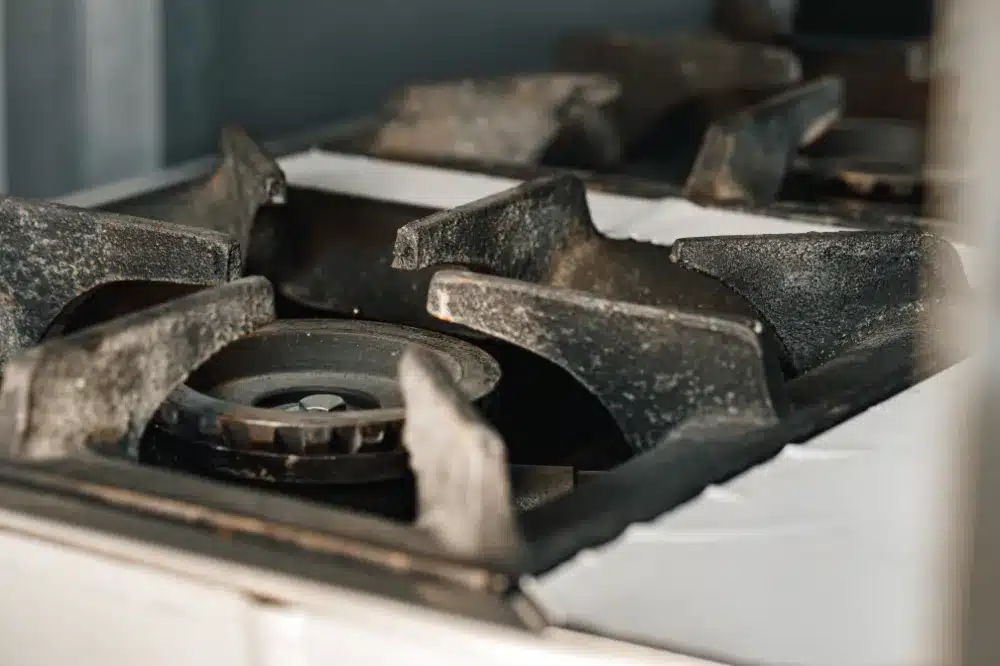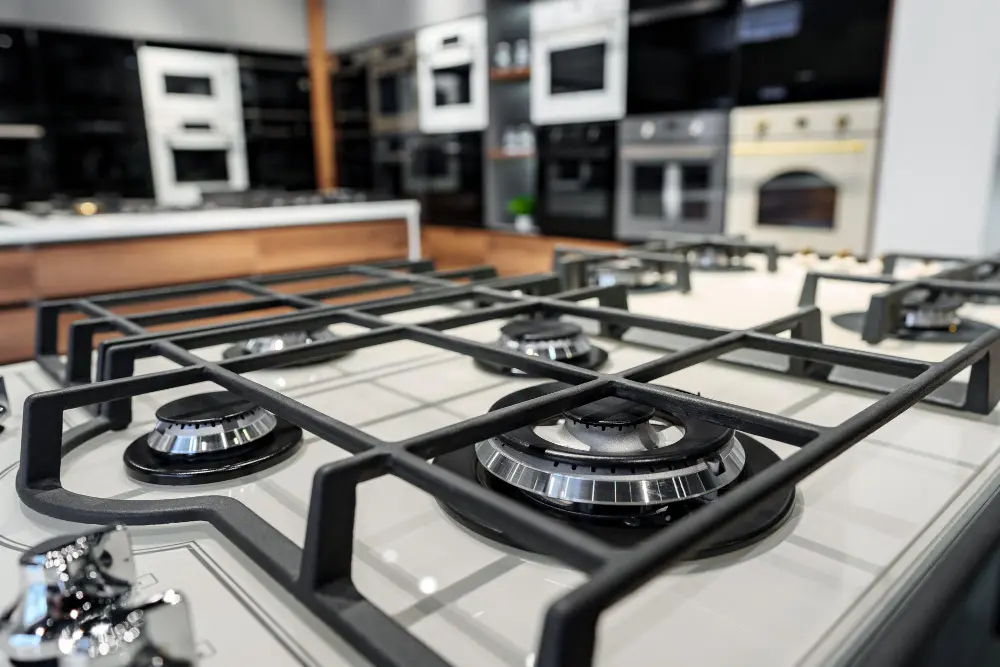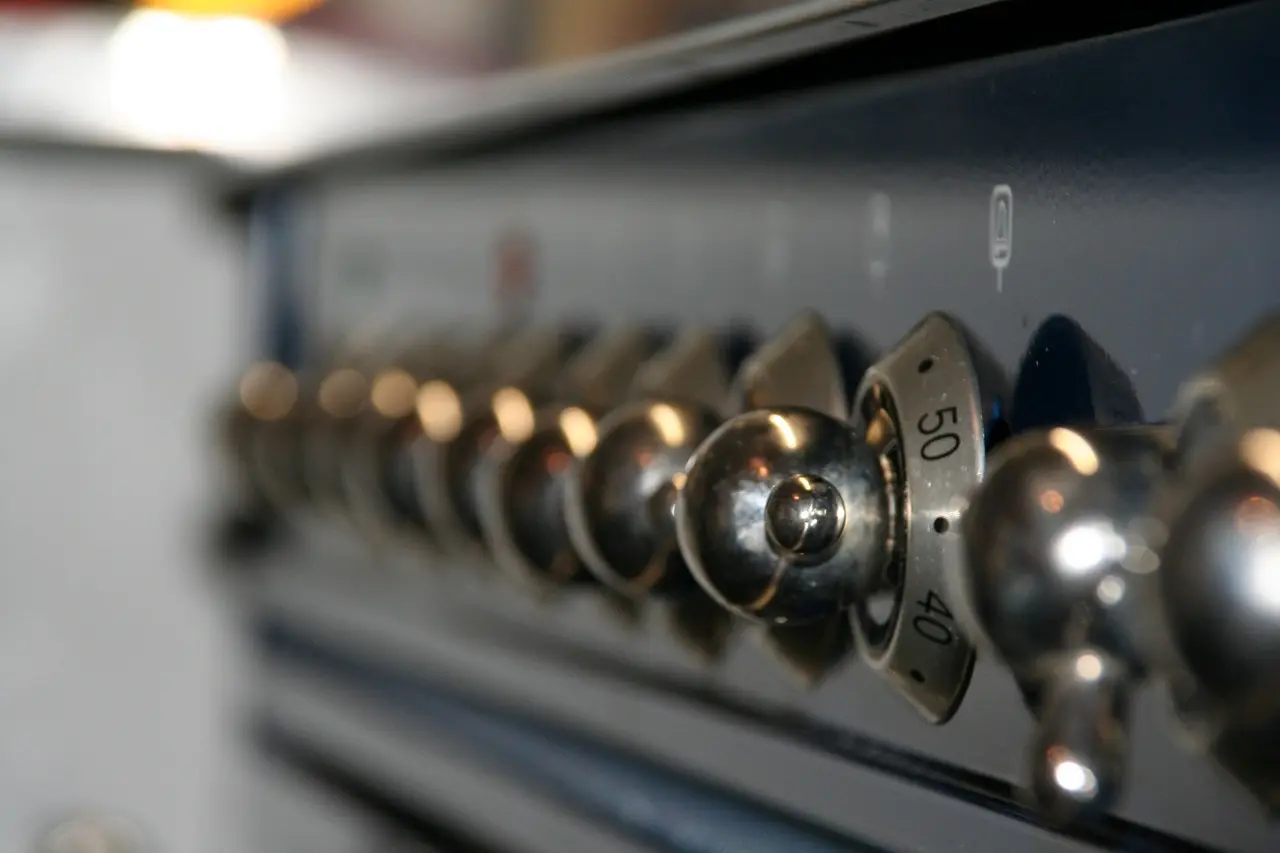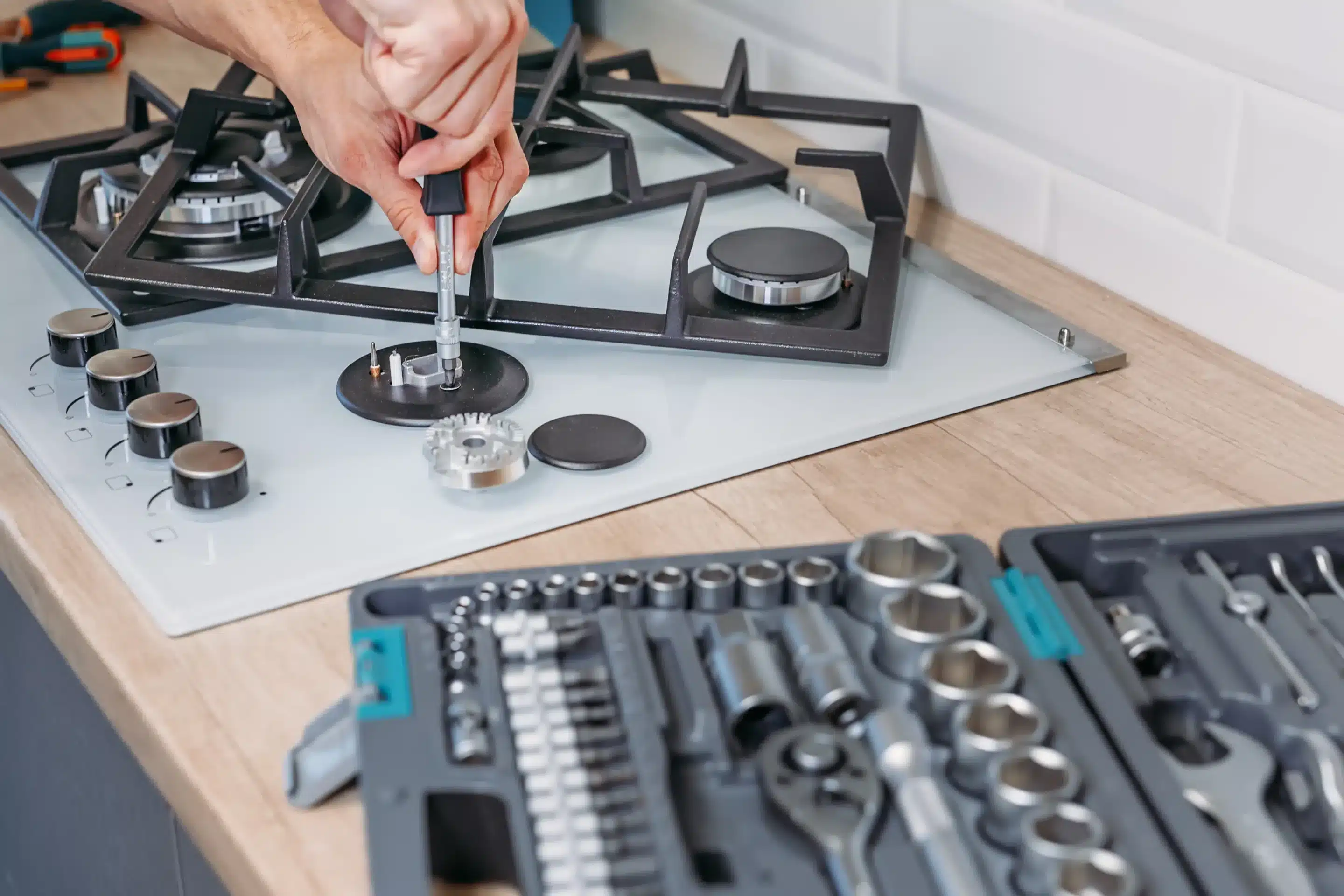Stoves are one of the most essential large appliances in any kitchen, playing a crucial role in our daily culinary routines. Whether you’re whipping up a gourmet meal or simply heating up leftovers, a reliable stove is an indispensable tool. But like all good things, stoves don’t last forever. So, how often do you need to replace this hardworking kitchen appliance?
In this comprehensive guide, we’ll delve into the average lifespan of stoves, explore the telltale signs that it’s time for an upgrade, and share expert tips on extending the life of your trusty cooktop. By the end, you’ll have a clear understanding of when to start shopping for a new stove and how to make the most of your current one.
Understanding Stove Lifespans
Stoves, whether gas stoves or electric stoves, are designed to be durable and long-lasting appliances. On average, you can expect a stove to serve you well for 10 to 15 years with proper home appliance maintenance. However, this stove lifespan can vary depending on several factors:
Quality of the Stove
The quality of the stove plays a significant role in its longevity. Higher-end, well-constructed models tend to have a longer lifespan compared to more budget-friendly options. Investing in a stove from a reputable brand can pay off in the long run with increased reliability and performance.
Usage and Maintenance
How often you use your stove and how well you maintain it can also impact its lifespan. Stoves that see heavy, daily use may wear out faster than those used less frequently. Proper regular cleaning, calibration, and addressing any issues promptly can help extend the appliance longevity of your stove.
Environmental Factors
The environment in which your stove operates can also influence its lifespan. Stoves exposed to extreme temperatures, high humidity, or other harsh conditions may experience accelerated wear and tear.
Fuel Type
Gas stoves tend to have a longer lifespan compared to electric stoves, with an average of 15 to 18 years for gas models and 13 to 15 years for electric ones. The simpler design and fewer moving parts of gas stoves contribute to their increased durability.
Signs It’s Time to Replace Your Stove
As your stove ages, it’s important to keep an eye out for telltale signs that it’s time for a replacement. Here are some common indicators that your stove may be nearing the end of its lifespan:
Uneven Heating
If your stove is no longer heating evenly, with some burners or oven racks running hotter or colder than others, it could be a sign of a larger issue. Uneven heating can be caused by a malfunctioning thermostat, faulty heating elements, or other internal component failures.
Frequent Repairs
If you find yourself calling for stove repairs more often, it may be a sign that your appliance is reaching the end of its useful life. Constant breakdowns and the need for frequent service can quickly become more costly than simply replacing the stove.
Outdated Technology
Older stoves may lack the energy-efficient models and modern conveniences found in newer models. If your stove is more than a decade old, it’s likely not keeping up with the latest advancements in stove technology, which can impact its performance and your energy consumption.
Cosmetic Damage
While appearance isn’t everything, significant cosmetic damage, such as cracks, chips, or a worn cooktop, can be a sign that your stove is nearing the end of its lifespan. Aesthetic issues may also indicate underlying structural problems.
Safety Concerns
Older stoves, particularly gas stoves, can pose safety considerations if not properly maintained. Issues like faulty ignitors, gas leaks, or malfunctioning safety features should be addressed promptly, and in some cases, may warrant a stove replacement.
Extending the Life of Your Stove
Before you start shopping for a new stove, there are several steps you can take to prolong the life of your current appliance. By following these maintenance tips, you can maximize the use of your stove and potentially delay the need for a replacement:
Regular Cleaning
Keeping your stove clean is one of the most important maintenance tasks. Regularly wipe down the cooktop, oven interior, and exterior to prevent the buildup of grease, food residue, and other debris that can contribute to premature wear and tear.
Calibration and Adjustments
Ensure your stove is properly calibrated, with the oven temperature control accurately matching the display. This can be done by using an oven thermometer and making adjustments as needed. Proper calibration can improve efficiency and prevent issues like uneven heating.
Addressing Issues Promptly
If you notice any problems with your stove, such as unusual noises, poor performance, or malfunctioning features, address them right away. Ignoring these issues can lead to further damage and a shorter lifespan for your appliance.
Avoiding Abrasive Cleaners
When cleaning your stove, steer clear of harsh, abrasive cleaners that can scratch or damage the surface. Opt for gentle, non-toxic cleaning solutions and soft cloths or sponges to maintain the integrity of your stove’s finish.
Proper Usage
Be mindful of how you use your stove. Avoid overloading the oven, slamming oven doors, or forcing stuck knobs or dials. Gentle, proper usage can go a long way in preserving your stove’s longevity.
Choosing a Replacement Stove
When the time comes to replace your stove, it’s important to carefully consider your options to ensure you make the best choice for your kitchen and your budget. Here are some key factors to keep in mind:
Energy Efficiency
Look for stoves that are ENERGY STAR certified, as these models are designed to be more energy-efficient, helping you save on utility bills in the long run. Energy-efficient models can provide significant cost savings over time.
Fuel Type
Decide whether you want to stick with your current fuel type (gas stoves or electric stoves) or explore the possibility of switching. Consider the pros and cons of each, such as energy efficiency, operating costs, and personal preference. You may also want to consider induction cooktops as an alternative.
Cooking Needs
Assess your cooking habits and needs to determine the appropriate size, features, and capabilities of your new stove. Consider factors like the number of burners, oven capacity, and any specialized functions you might require. Look for stoves with advanced cooking capabilities and cooking precision to enhance your culinary experience.
Brand Reputation
Research and compare stove brands to find one with a reputation for quality, reliability, and customer satisfaction. Reading reviews from other users can provide valuable insights.
Budget
Set a realistic budget for your new stove, factoring in not only the purchase price but also any installation requirements or delivery costs. Remember that investing in a higher-quality stove can pay off in the long run with increased durability and performance.
Stove Rental Options
If you’re not ready to commit to a full stove replacement, or if you’re in a rental situation, you may want to consider rental appliance as an alternative. Renting a stove can be a convenient and cost-effective solution, especially for those with limited budgets or temporary living arrangements.
A&A Appliance Leasing, the leading home appliance rental company in Texas, offers a wide selection of stoves available for rent in Austin, Houston, Dallas, and San Antonio. With their fast delivery and flexible appliance lease options, you can have a high-quality stove delivered to your doorstep in as little as 48 hours, without the need for a credit check.
Renting a stove can be an excellent option for:
- Apartment dwellers who don’t want to invest in a permanent stove
- Homeowners undergoing kitchen renovations
- Individuals with short-term living situations
- Those with limited budgets or poor credit history
By choosing a stove rental, you can enjoy the convenience of a fully functional appliance without the long-term commitment or financial burden of a purchase.
Conclusion
Stoves are essential kitchen appliances that play a crucial role in our daily lives. Understanding the average lifespan of stoves, recognizing the signs that it’s time for a replacement, and taking proactive steps to extend the life of your current stove can help you make informed decisions and maximize your investment.
Whether you’re a homeowner or a renter, keeping a close eye on your stove’s performance and taking the necessary maintenance steps can go a long way in ensuring your kitchen runs smoothly for years to come. And when the time comes to upgrade, be sure to explore all your options, including stove rental, to find the perfect solution that fits your needs and budget.
Remember, a well-maintained, energy-efficient stove can not only enhance your cooking experience but also contribute to the overall efficiency and longevity of your kitchen. So, keep these tips in mind, and enjoy the many delicious meals and memories your stove will help you create.


